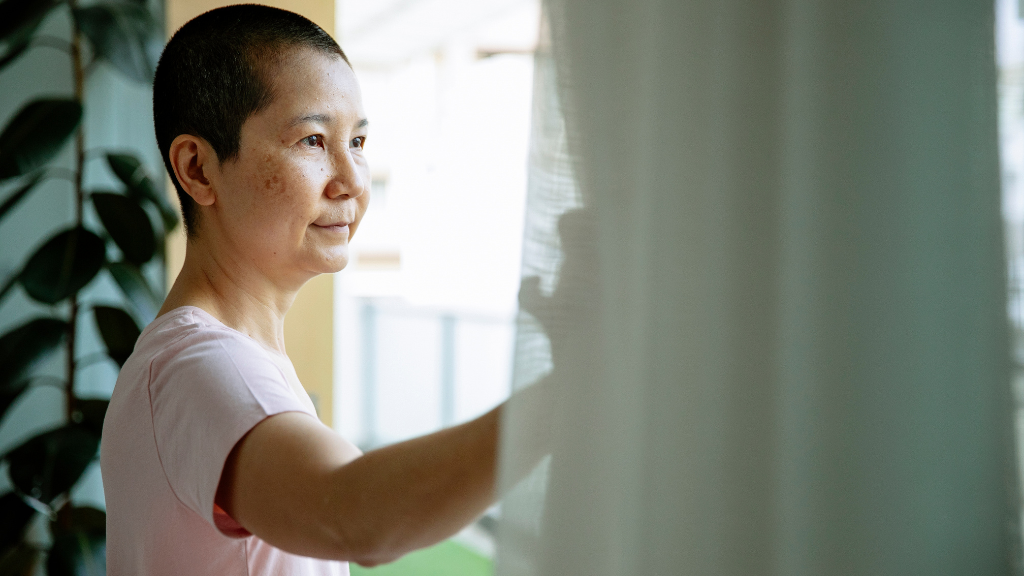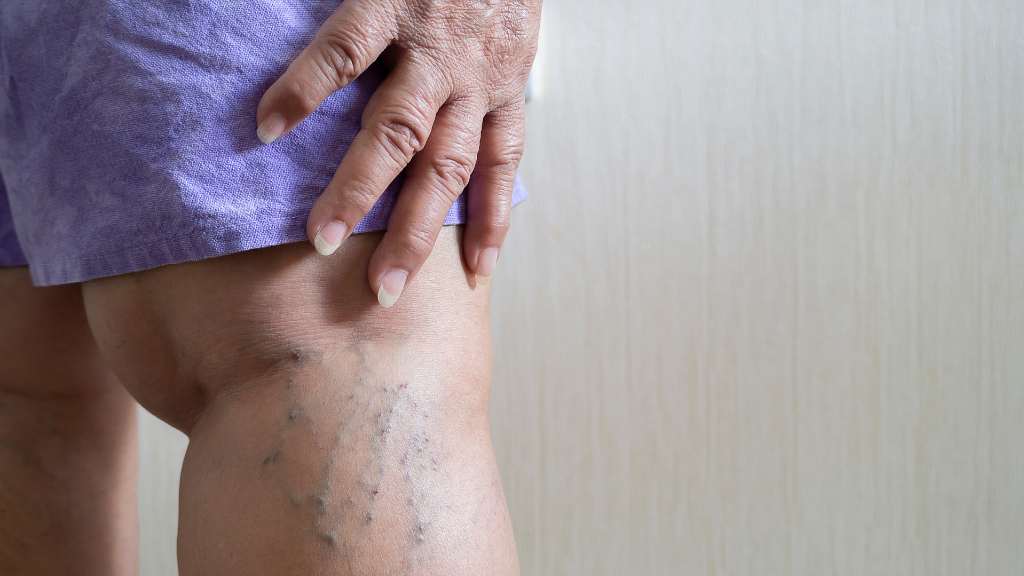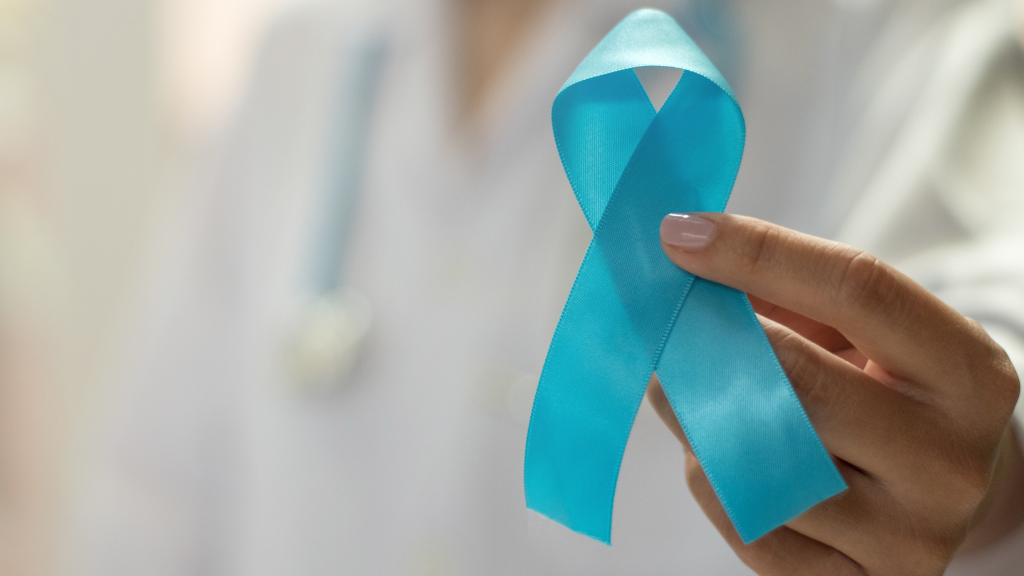People with lymphedema face many physical challenges. However, the mental health impact of this condition can be just as significant as the medical impact.

Oncology Physical Therapist and Certified Lymphedema Therapist Lisa Berman Sylvestri sees the mental health toll of lymphedema every day in her practice. “I’m very lucky that I get individual time with my patients for prolonged periods,” she says. “I really get to know them and the mental health challenges they face.”
Lymphedema and Mental Health
“The biggest thing I see is a combination of depression and anxiety,” says Sylvestri, owner of Oasis Physical Therapy and Wellness in San Ramon, California. “People with lymphedema are often upset about living forever with a condition that came with no forewarning and progresses without proper treatment. They worry about lymphedema symptoms getting worse or getting an infection. It’s something they constantly have to think about.”
Sylvestri notes that many people are initially surprised by the daily long-term management lymphedema requires. “A lot of patients I see have survived cancer, so they come to me thinking the hard part is behind them,” she says. “But now, because of the cancer treatment, they have this lifelong disease that they weren’t expecting. That can be a really hard pill to swallow.”
Social and Relationship Impacts of Lymphedema
In her practice, Sylvestri often chats with her patients about their struggles. She says it’s common for lymphedema to impact:
- Intimacy: Swelling in the genital, trunk, or breast areas can make people with lymphedema self-conscious about intimacy.
- Social life: Arm or leg swelling can make it difficult to move and fit into clothing and shoes. These challenges can discourage participation in social activities.
- Work: Many people don’t feel comfortable telling coworkers about lymphedema, but the condition can be challenging to hide and may impact their ability to perform work duties.
Treatment Is a Commitment
Therapy for lymphedema can affect mental health, too, especially if you’re not prepared for the commitment that treatment requires. In addition to daily symptom management, complete decongestive therapy (CDT) is the main treatment for lymphedema. CDT typically involves multiple appointments per week for a number of weeks.
CDT combines different types of physical therapy for lymphedema, including:
- Bandaging and compression: Garments and bandages applied to the areas with fluid buildup help control swelling.
- Exercises: Certain movements help your body move fluid to reduce swelling.
- Manual lymphatic drainage (MLD): Light massage techniques help drain fluid from swollen areas.
Mentally Preparing for Complete Decongestive Therapy
Sylvestri offers CDT through her practice, and she says many people come to her not knowing how intensive it is. “At first, some people feel weary or decline the treatment when they find out what’s involved,” she says. “But they often come around when they realize what excellent results CDT offers.”
To prepare for CDT, Sylvestri suggests these steps:
- Ask questions so you understand the time and effort CDT requires.
- Accept that CDT is the most effective way to prevent lymphedema from getting worse. Know that your therapist is there to support you.
- Commit fully to the appointments and process to get the most out of CDT.
Tips for Coping with Lymphedema Mental Health Challenges
Sylvestri offers these suggestions for reducing anxiety and feeling more supported:
1. Try Diaphragmatic Breathing
Sylvestri’s favorite calming technique is diaphragmatic breathing. It strengthens your diaphragm, a muscle that moves air in and out of your lungs. Diaphragmatic breathing reduces stress and anxiety, increases oxygen, and stimulates lymph flow in your body.
Here’s how to do diaphragmatic breathing:
- Sit, placing one hand on your chest and the other on your belly.
- Take a few normal breaths to feel your chest rising and falling.
- Breathe in through your nose, and let the air go deep into your belly. You will feel your belly expand with air. This belly movement is your diaphragm working.
- Breathe out through your nose or mouth, feeling your belly return to its relaxed position.
- Repeat the deep belly breathing cycle slowly a few times, but stop if you get dizzy.
2. See a Counselor
If you’re experiencing depression or other mental health challenges, consider seeing a mental health professional. Loved ones can be great listeners, but talking to someone who isn’t personally affected by your condition allows you to speak more freely.
A counselor or therapist gives you a safe space to talk through anything you’re struggling with. They may also recommend other mental health resources.
3. Include a Loved One
Sylvestri says that many people don’t want to bother their spouse or friends with the daily tasks that lymphedema requires. However, involving supportive friends or family members in your lymphedema management can make the process easier for everyone. It can also be a bonding experience between you and your loved ones.
4. Join a Support Group
Join a lymphedema support group to connect with people who understand your challenges. Some groups meet in person, and others meet online, so you can choose the format most comfortable for you.
Sylvestri encourages her patients not to suffer in silence. “Don’t be afraid to ask for help,” she says. “The sooner you bring up issues with your team, the sooner you can get help.”
Join the monthly Lympha Press Lymphedema Patient Roundtable virtual discussions to connect with other people who have lymphedema and hear from experts.








